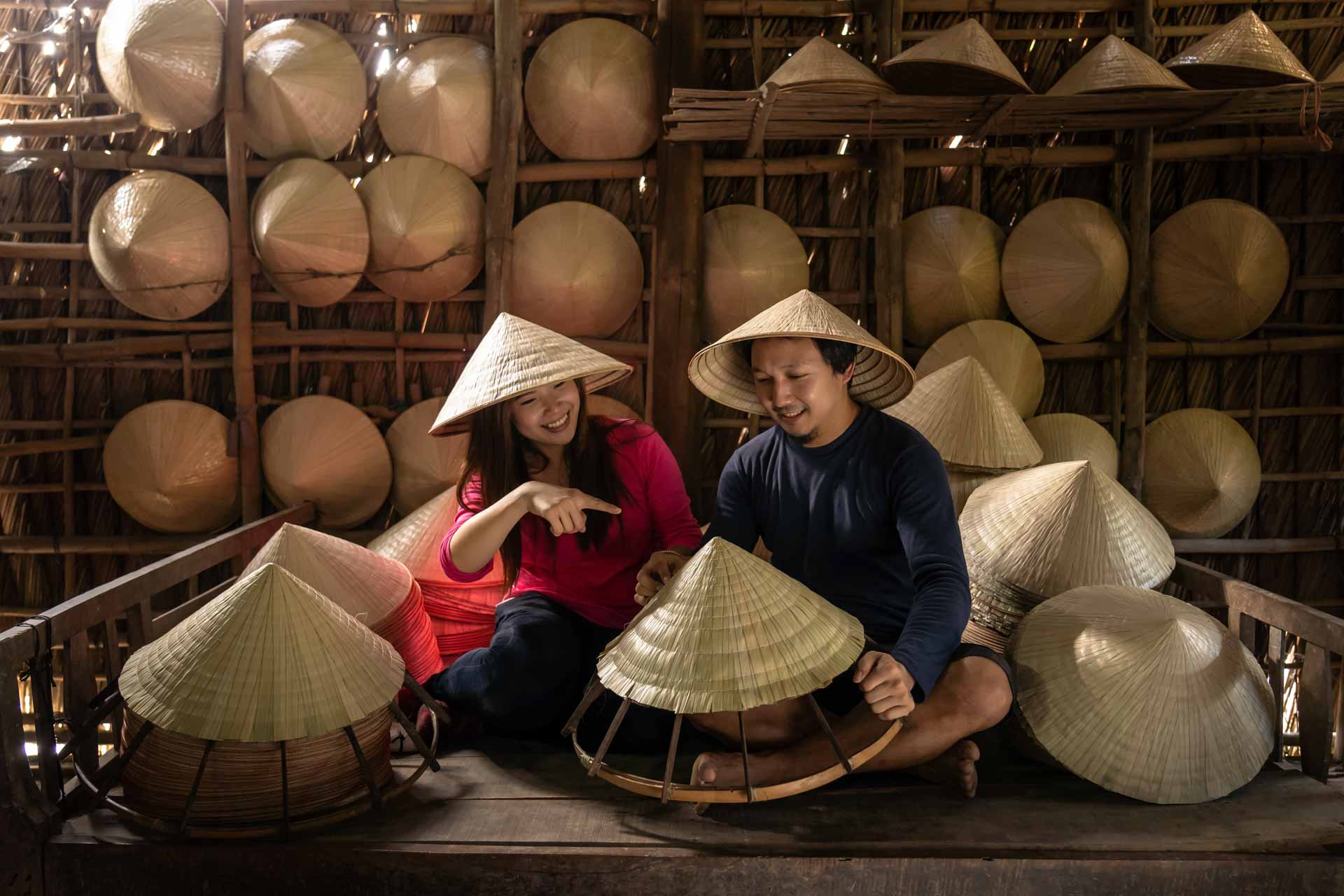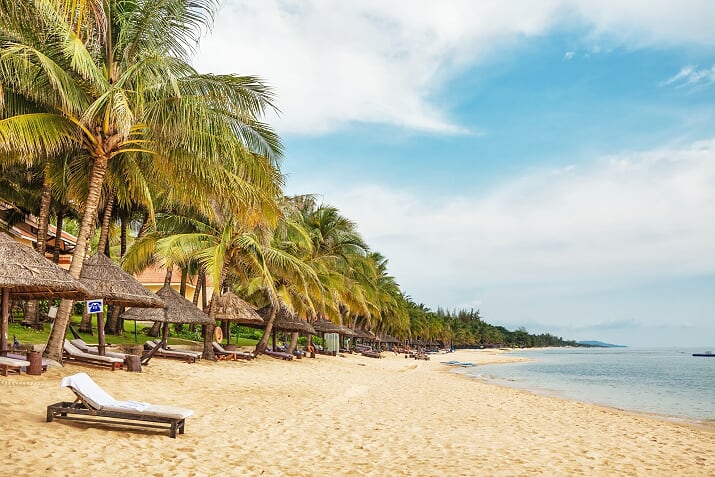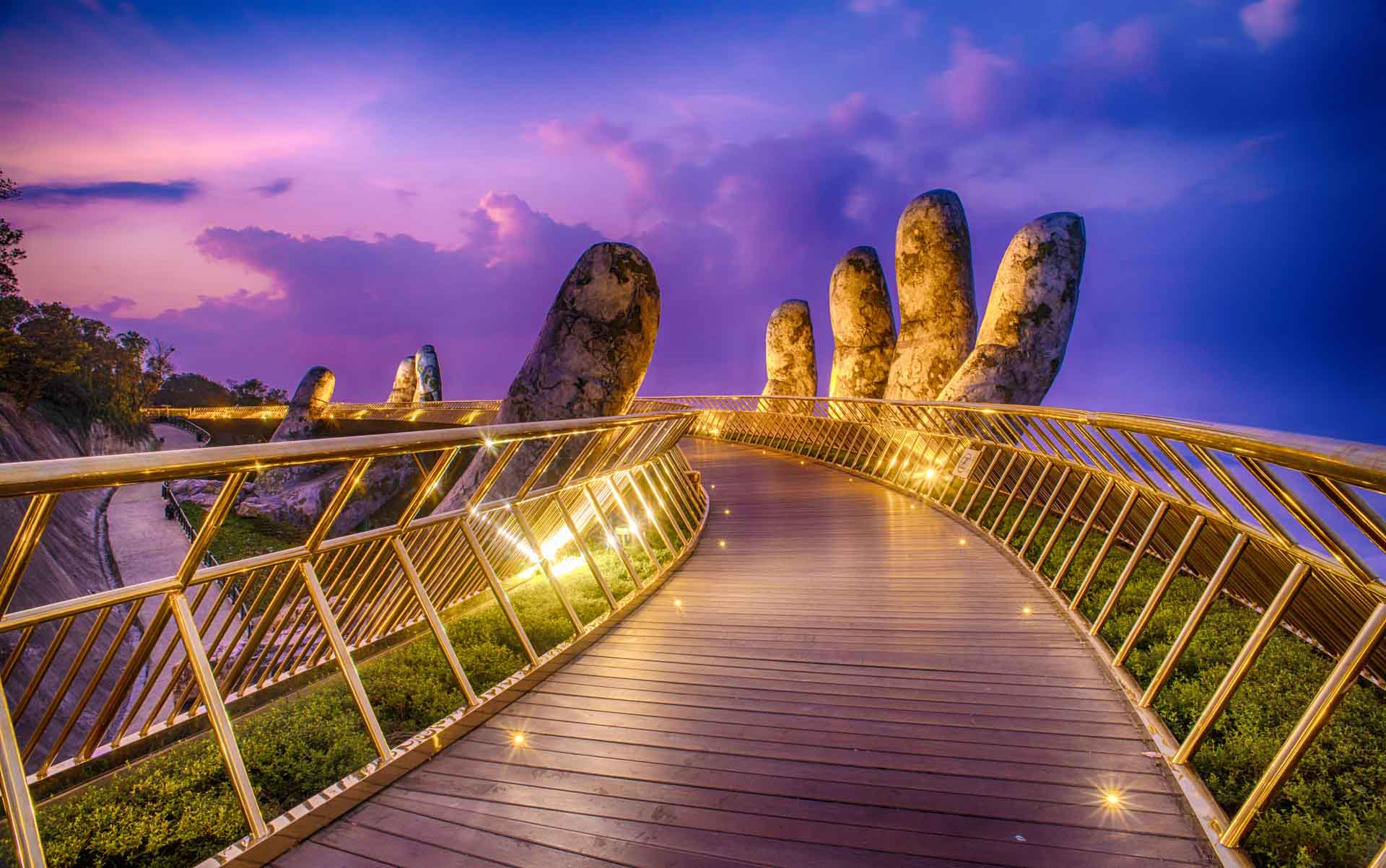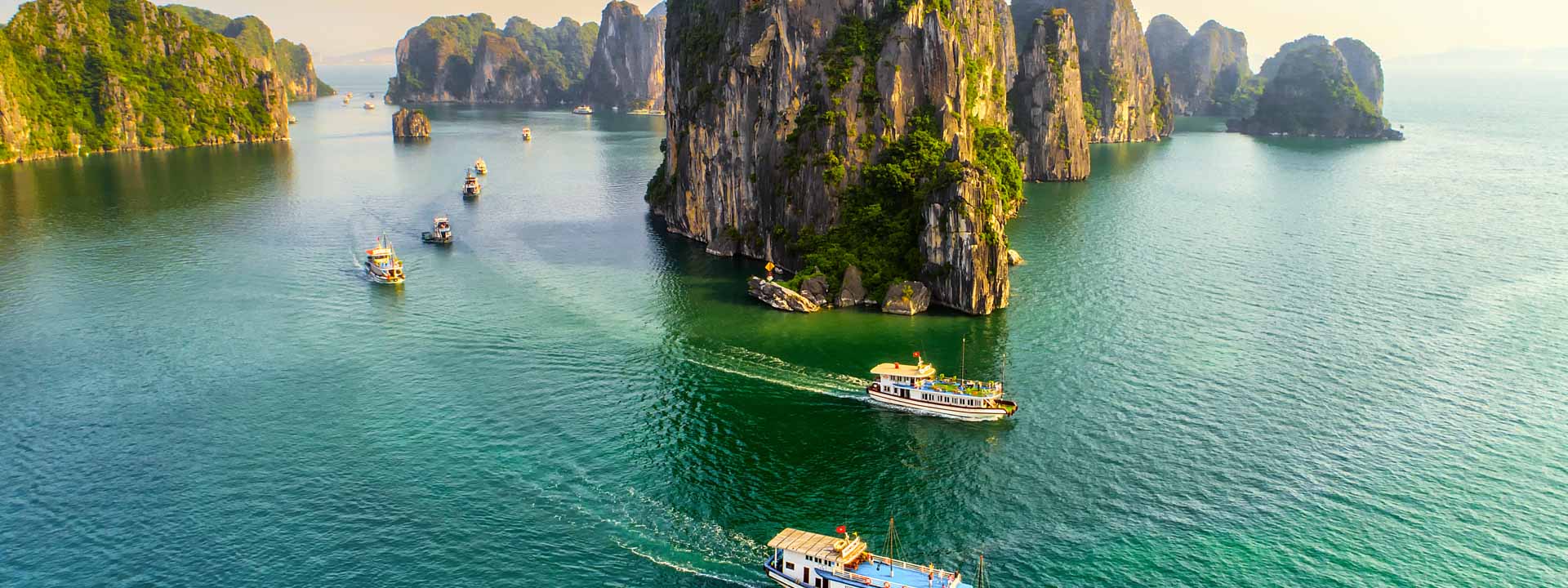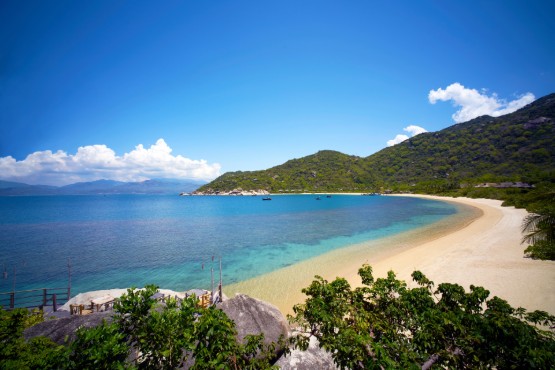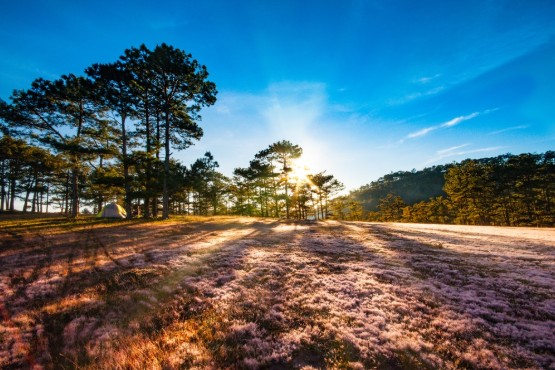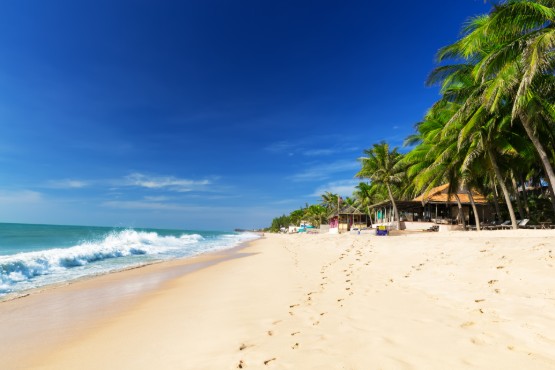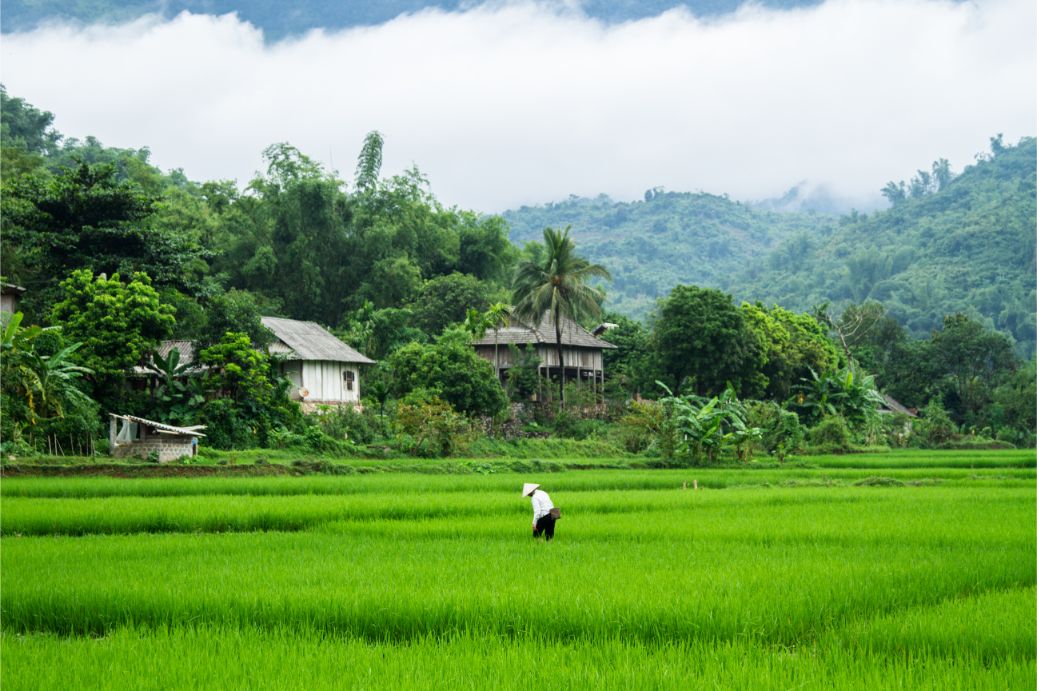Discover Our
Can Tho Tour
Discover Our
Can Tho Tour

Our Luxury Can Tho Tours
Travel Guide
1. Best time to explore Can Tho
The best time to visit Can Tho is during the summer months from May to August, when the fruit orchards are in full harvest, offering visitors a chance to taste fresh, local produce. Another great time to explore Can Tho is from September to November, during the flood season, which provides a unique opportunity to experience the rustic lifestyle of the Mekong Delta and savor seasonal specialties that are only available when the waters rise.
2. Must-try activities for every traveler in Can Tho
-
Visit Cai Rang floating market: The largest and most famous floating market in the Mekong Delta, Cai Rang offers a unique cultural experience where you can see boats filled with fresh fruits, vegetables, and local delicacies. It is ideal to visit early in the morning when the hustle and bustle are at their height.
-
Explore Bang Lang Stork sanctuary: Home to thousands of storks, this sanctuary offers a peaceful retreat for nature lovers. Visitors can observe various species of birds in their natural habitat, especially during the breeding season.
-
Stroll along Ninh Kieu wharf: A popular waterfront promenade, Ninh Kieu wharf offers beautiful views of the Hau river. It’s an excellent place for a leisurely walk, enjoying local street food, and observing the daily life of Can Tho’s residents.
-
Visit Ong pagoda: This historic Chinese pagoda, located near Ninh Kieu wharf, is renowned for its intricate architecture and vibrant decorations. It is a great place to learn about the cultural and religious influences in Can Tho.
Take a boat tour to Phong Dien floating market: Smaller and less touristy than Cai Rang, Phong Dien offers a more authentic floating market experience where you can interact with locals and buy fresh produce directly from the boats.
3. Discover the best of Can Tho: Top attractions
-
Can Tho is rich in cultural experiences, from visiting ancient houses like the Binh Thuy Ancient House to enjoying traditional Southern Vietnamese music performances at local venues.
-
Immerse yourself in the local culture by visiting rural villages, cycling through scenic rice paddies, and experiencing the daily life of farmers and fishermen.
-
Explore the diverse religious heritage of Can Tho, featuring a range of sacred sites including churches, chapels, Vietnamese, Khmer, and Chinese pagodas, as well as Cao Dai temples.
4. Must-Try Foods in Can Tho
-
Bánh Xèo (Vietnamese Pancakes): A crispy pancake filled with shrimp, pork, and bean sprouts, often served with fresh herbs and a dipping sauce.
-
Nem Nướng (Grilled Pork Sausage): A savory grilled pork sausage served with rice paper, fresh vegetables, and a tangy dipping sauce.
-
Bánh Cống (Fried Shrimp Cake): A delicious deep-fried cake made with rice flour, mung beans, and shrimp, often enjoyed as a snack or appetizer.
-
Hủ Tiếu (Rice Noodle Soup): A popular noodle soup dish in the Mekong Delta, featuring a flavorful broth, rice noodles, and a variety of toppings such as pork, shrimp, and quail eggs.
Cá Lóc Nướng Trui (Grilled Snakehead Fish): A traditional dish where whole snakehead fish is grilled over an open flame and served with rice paper, herbs, and a dipping sauce.
5. Important responsible travel tips for visiting Can Tho
Cultural Respect
-
Dress modestly when visiting local villages and religious sites, especially temples and pagodas.
-
Ask for permission before taking photos of people, especially in rural or intimate settings.
-
Learn about the local customs of ethnic groups in the Mekong Delta, like the Khmer or Cham, to show respect for their traditions.
-
Respect local family life—avoid disrupting daily routines in villages, particularly in the floating markets.
-
Support local communities by purchasing locally made goods, such as crafts and fresh produce, directly from vendors.
Sustainable Tourism
-
Choose eco-friendly tours that prioritize the preservation of natural habitats and reduce environmental impact.
-
Book tours with licensed, reputable operators that adhere to sustainable practices, especially on boats.
-
Respect nature—stay on designated trails when exploring the wetlands and avoid damaging flora or fauna.
-
Travel in the off-peak seasons to help reduce the strain on local resources during high tourist demand.
Environmental Responsibility
-
Avoid plastic waste—carry reusable water bottles and refuse plastic bags or straws when possible.
-
Dispose of trash properly—keep the environment clean, especially in natural areas and on boats.
-
Respect water resources—don’t pollute rivers, canals, or other water bodies, as they are critical for the local ecosystem.
-
Be mindful of noise—keep noise levels low, especially in serene areas like floating markets or rural villages.
Community Support
-
Stay in locally owned homestays or hotels to contribute to the local economy.
-
Dine at family-run restaurants to try authentic Mekong Delta cuisine while supporting local businesses.
-
Hire local guides for a deeper, more authentic understanding of the region’s culture and environment.
-
Contribute to conservation efforts—support local initiatives aimed at preserving the unique ecosystem of the Mekong Delta.
6. The essential Do's and Don'ts for traveling in Can Tho
DO – Things You Should Do
-
Dress modestly when visiting local villages, especially when entering homes or temples.
-
Respect local customs and traditions, especially in ethnic minority villages.
-
Buy handicrafts directly from local artisans to support the community.
-
Stay in eco-friendly homestays to help support sustainable tourism.
-
Respect nature by following designated paths when trekking and avoid disturbing wildlife.
-
Learn basic Vietnamese phrases to enhance your interactions with locals.
-
Use local guides for a more authentic and educational experience.
DON'T – Things to Avoid
-
Don’t wear revealing clothes when visiting cultural or religious sites.
-
Avoid taking photos without permission, especially of local people and their daily lives.
-
Don’t give money to children—support community-based projects instead.
-
Don’t litter—help keep the environment clean by disposing of waste properly.
-
Avoid haggling too aggressively—negotiate fairly and respectfully.
-
Don’t disturb local wildlife or damage the natural surroundings during activities.
Meet our Expert







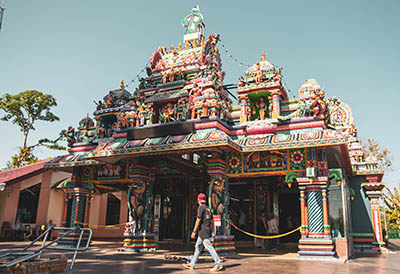




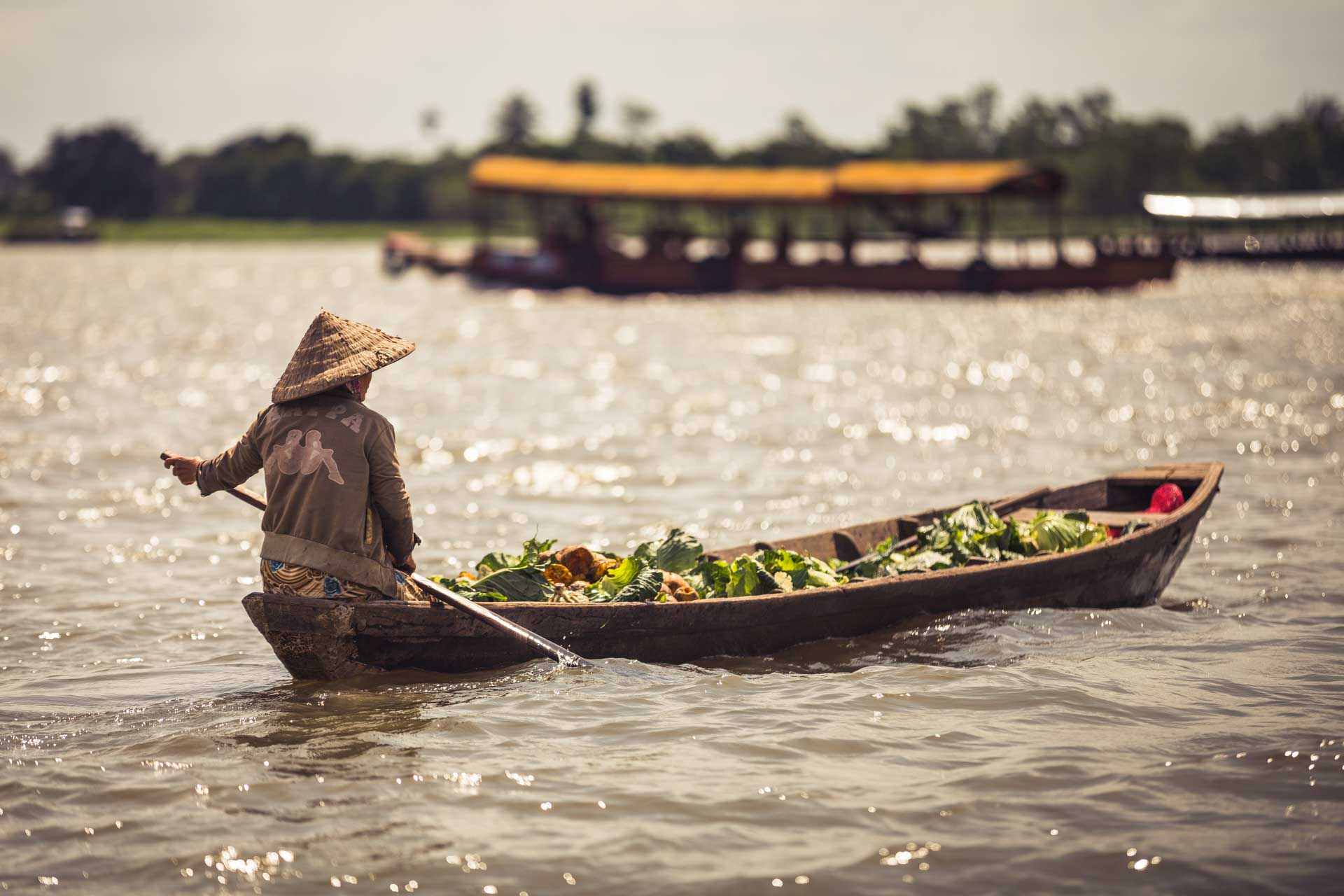





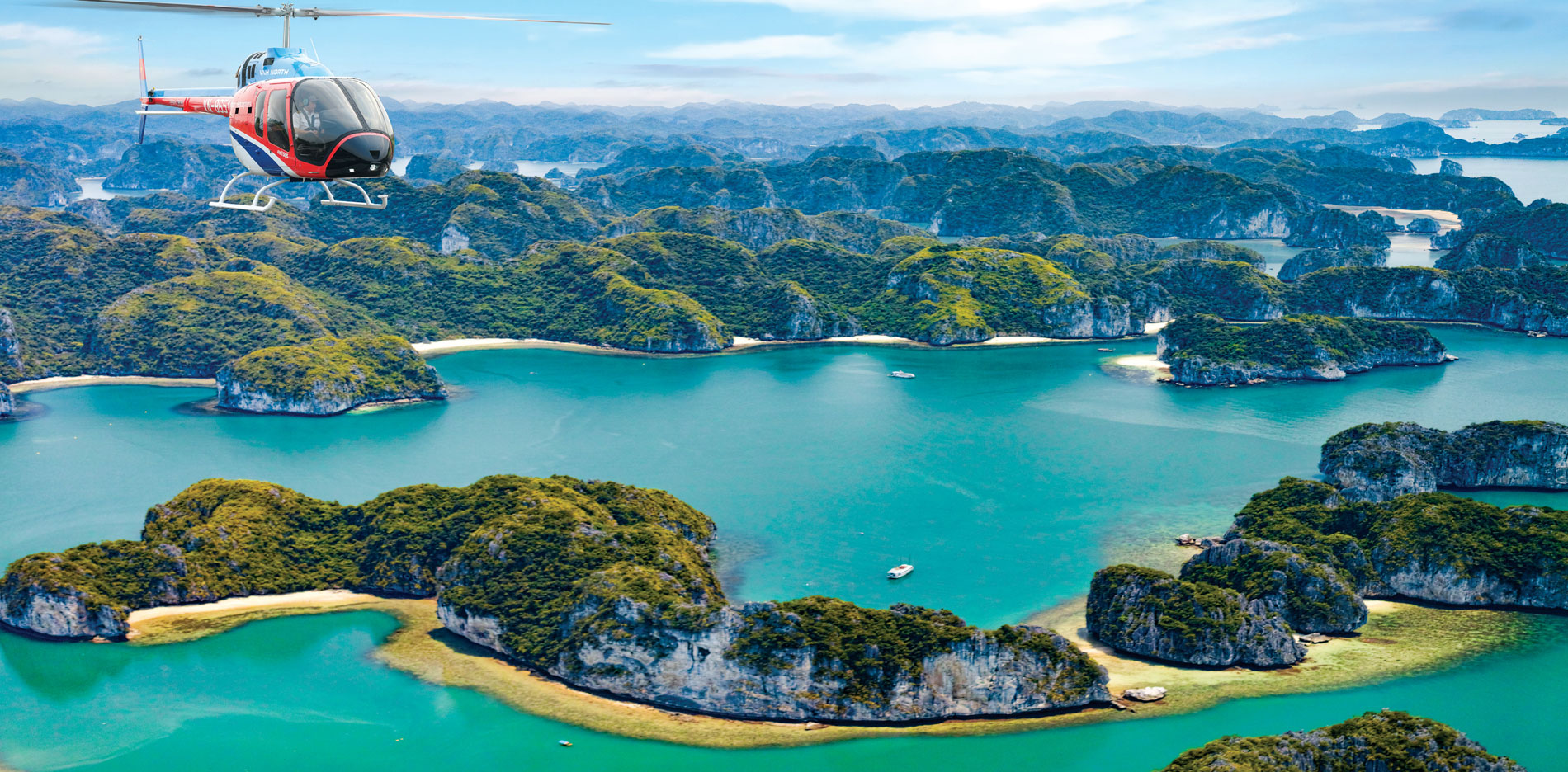

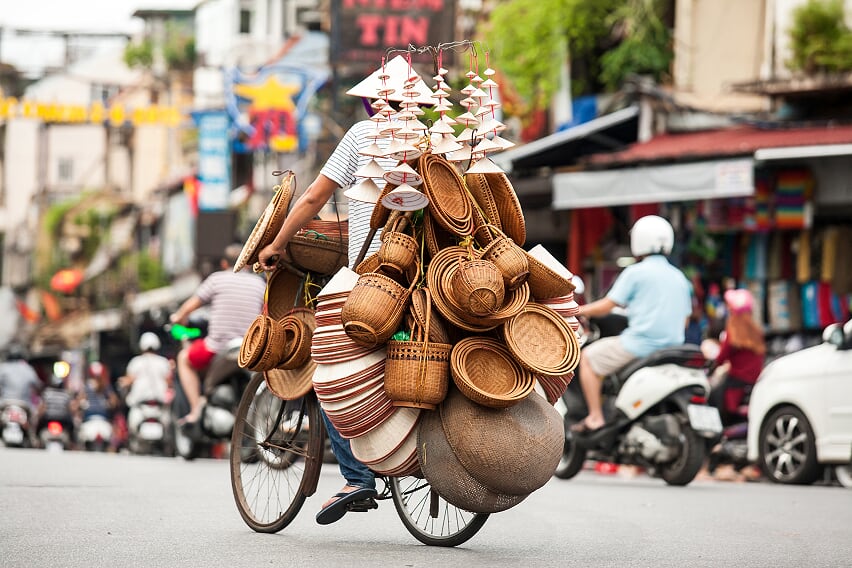
.jpg)
